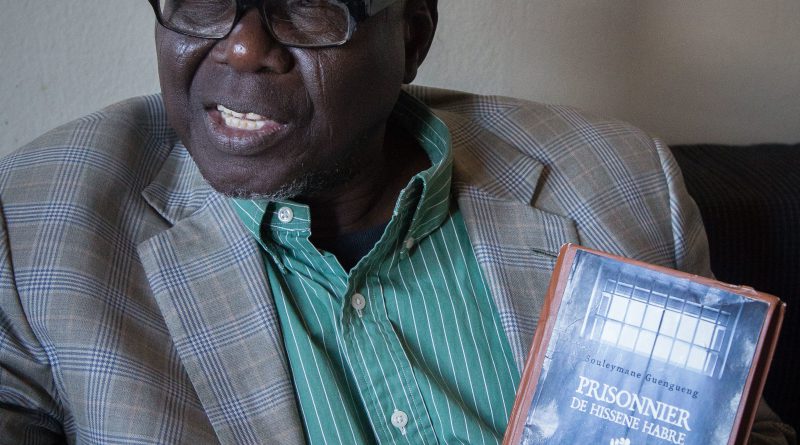A Human Rights Hero Who Calls Butler Houses Home
Souleymane Guengueng was an accountant in his homeland of Chad who was imprisoned unjustly by the president, Hissène Habré.
Souleymane Guengueng was an accountant in his homeland of Chad who was imprisoned unjustly by the president, Hissène Habré. He spent more than two years in jail, suffering torture and abuse. After his release in 1990, Mr. Guengueng gathered testimony from other survivors and the relatives of victims over the course of many years. This evidence helped bring the ruthless dictator to justice: Mr. Habré was sentenced to life in prison in 2016 for the murder and inhuman treatment of about 40,000 people. Mr. Guengueng immigrated to the United States a decade ago.
The records you collected on the abuse and murder of more than 700 people were used to convict former dictator Hissène Habré of these horrible crimes. Do you feel like a hero?
I hear others say I’m a hero, but I don’t believe it. I’m just a citizen. I couldn’t accept that treatment as a person or citizen. According to my faith in God, we are all born heroes. God gave me the mission to come out of this alive and be a voice for others, and that’s why I’m here. Whatever the obstacles, it’s impossible to contain the march of people trying to fight for truth. God gave them the strength to fight against it, and no one can defeat that.
Mr. Habré’s conviction was a long time coming. What gave you the strength to keep fighting for justice?
My father taught me to be strong, to never be afraid. I am the type of person who wants to help and empower everyone. When I was in prison, in darkness, people were suffering and would die in my arms. It was that pain and suffering that motivated me to overcome my own pain and stay strong to tell the world what happened. I brought back evidence to the families of the people who didn’t know what happened, because they deserved closure, they had a right to know the truth and have it put out there.
How did it feel to leave your homeland and immigrate to America?
It was an obligation to leave Chad and continue this fight. My family and I needed to be safe. It was hard—I was without my family, my wife and children, for many years. And when my family arrived, it was hard for us to afford an apartment, a place to live. We rented an apartment in Jamaica, Queens, but it was very expensive, $2,000 a month. We were evicted because we couldn’t afford it. We had to live in a shelter for three years—six people in one room. In March 2016, we got this apartment [at Butler Houses], and it’s a blessing. It was like coming to paradise, for my whole family. It was so incredible, so much better.
I still continue to help people, survivors of torture and immigrants from French-speaking African countries. I’m like a mentor, helping them adjust to life in America. I’m excited to continue helping people.
Any words of wisdom that you live by?
You can mold your life as a baker makes bread. You can always change it and mold it to how you want it, good or bad, big or small, however you like. Also, we must learn from experience and get the most out of the bad that happens to us.

